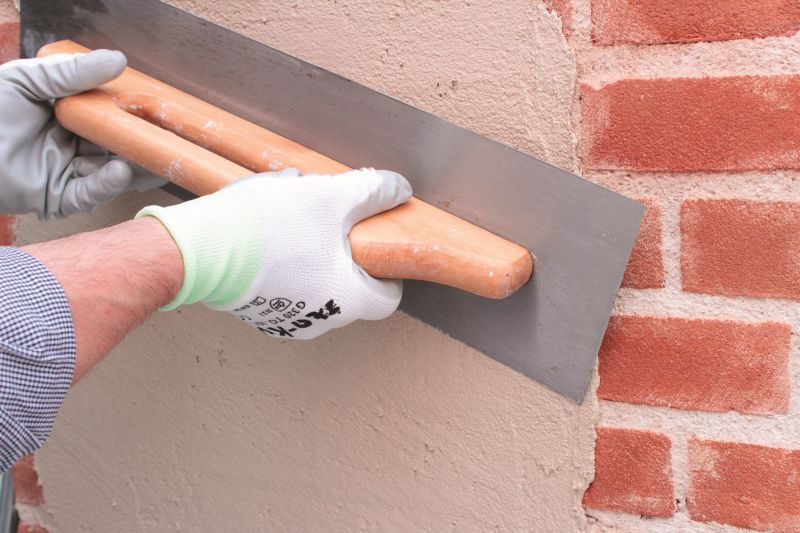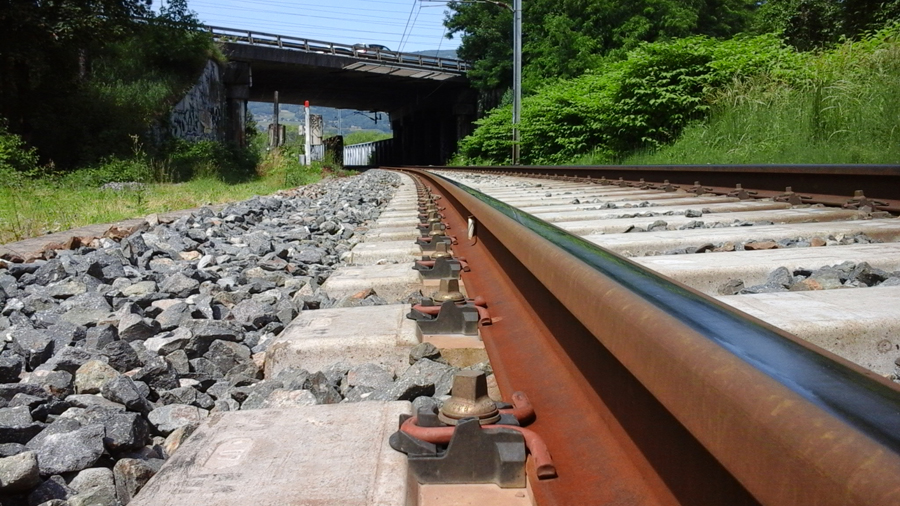The government's plans to increase carbon reduction targets for housing were deemed unrealistic by the construction industry.
In January the government set out plans to increase the carbon reduction targets for new homes by 8% and increase the target for new non-domestic buildings by 20% over the 2010 estimations. The new reductions were proposed to facilitate the attainment of the overall target – all housing is estimated to be zero-carbon by 2016.
Industrial commitment to the main idea of zero carbon housing has been maintained. The majority of energy savings are to come from improvements made to the fabric of the home and through on-site or locally produced energy sources. Zero-carbon housing means that no carbon is emitted from the dwelling as a result of daily energy usage.
The new proposals were met with resistance when the consultation closed on Friday.
Patrick Brown, Assistant Direct for Sustainability at the British Property Foundation says that the proposed regulations would require on-site renewable power technology, which wouldn't be feasible on inner-city projects.
Peter O’Connell, policy manager at the FMB said the 8% target for new housing was also unsustainable.
“Continuing with the 2010, 2013, 2016 time table for zero carbon homes in the current economic climate is completely unrealistic ,” he said.
“The housing boom is long since over, housing boom policies must be rethought to take into account economic realities.”
The UK Green Building Council suggested that the industry would require clarity on the “allowable solutions” section of the zero carbon target for housing. These “allowable solutions” are measures taken to reduce any carbon not mitigated on site during the construction process.
Zero-carbon is a rather totalitarian phrase, and the target will only be achieved if it is taken as such. The National Building Specification (NBS) says:
“If we’re going to take a stance on emissions, then zero carbon should mean zero carbon. All of the reductions figures, and phrases like ‘zero carbon in terms of the heat load’ are just misleading.”



















